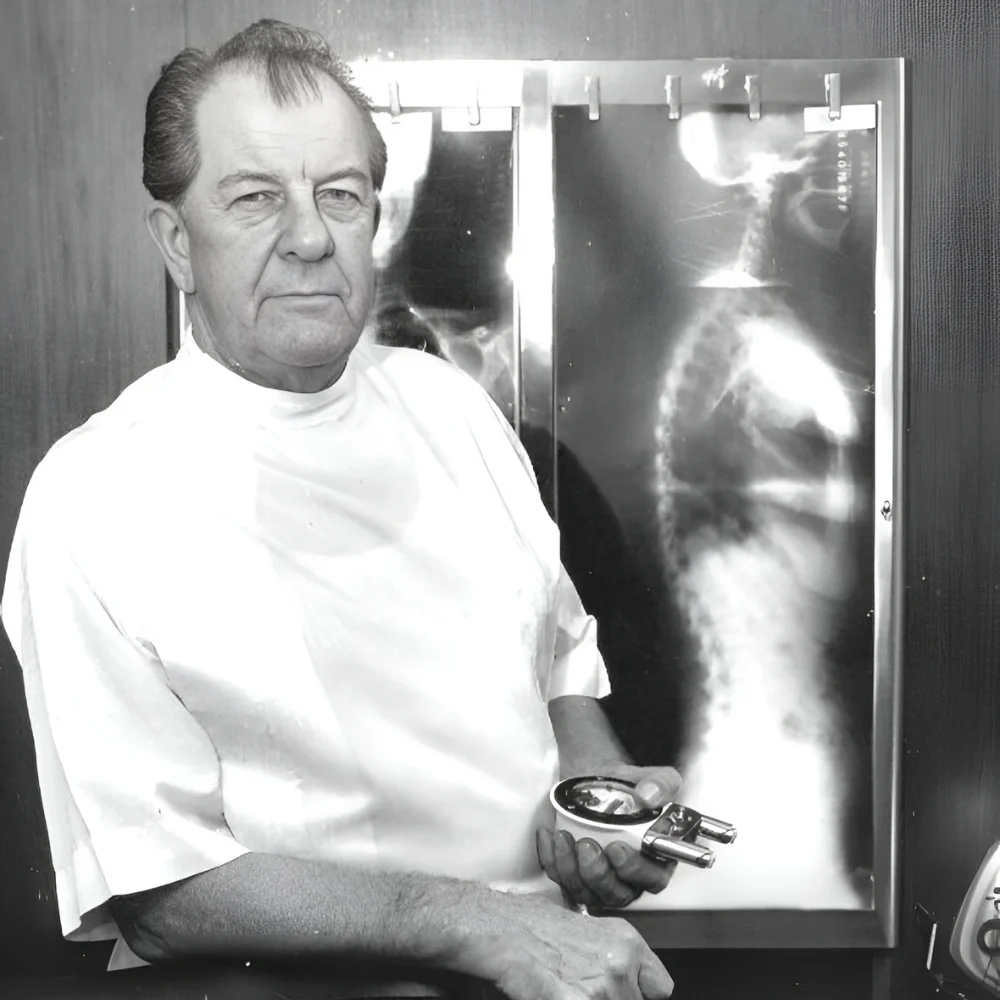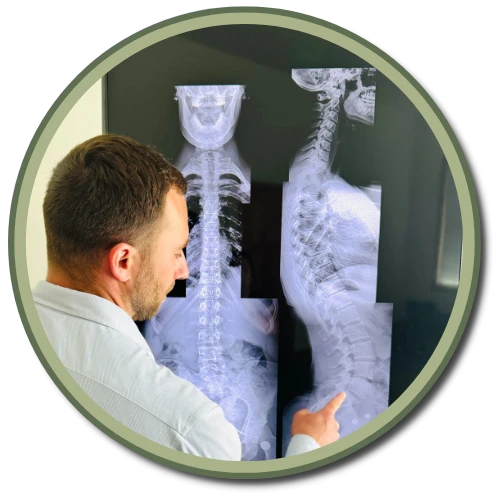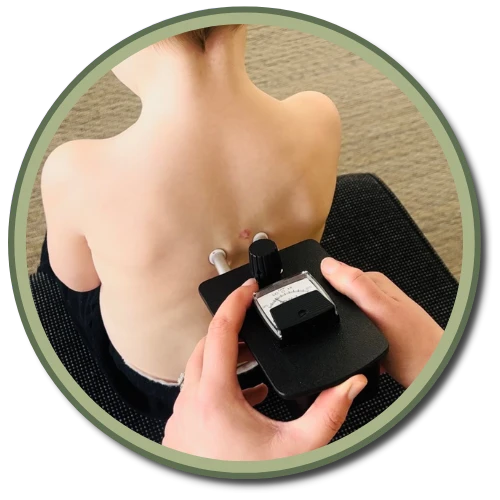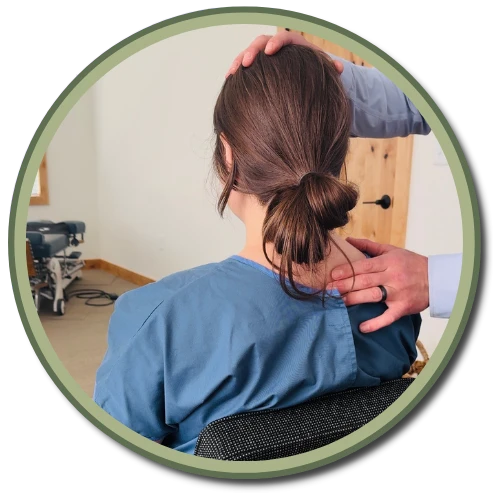
Why settle for anything less than comprehensive information when making crucial decisions about someone's health? Every patient deserves the highest level of chiropractic care in Appleton, WI, achieved through a thorough analysis that correlates various aspects of their clinical picture. This approach ensures specificity and fosters patient confidence in the doctor's ability to provide effective care.
The Gonstead Technique relies on five essential components: Visualization, Instrumentation, Palpation, X-Ray, and patient symptoms. By integrating these elements, we can pinpoint the precise location that requires adjustment. When all these factors align, we can provide the patient with a specific and effective adjustment. Specificity is the key, as Dr. Gonstead emphasized that three adjustments on the wrong vertebral segment could lead to a Subluxation, highlighting the importance of precision.





Dr. Gonstead proposed that vertebral misalignment disrupts the Parallel Disc alignment, leading to compression at the nucleus pulposus. This compression forces the nucleus to exert pressure on the surrounding annular fibers, causing damage to them.
Such damage triggers an inflammatory response, which causes the disc to swell. This swelling then exerts pressure on the nerves located in the respective intervertebral foramen, leading to neurological dysfunction.
According to the Gonstead methodology, understanding that subluxations originate from the disc is crucial. Recognizing the stages of disc degeneration is essential for determining the appropriate adjustment direction and force needed for effective correction.
Within the spinal column, the intervertebral discs serve a dual purpose: they act as a protective buffer to enhance flexibility and as a structural link that maintains proper motion between the vertebral bodies.
The Nucleus Pulposus, a dense central core, retains fluids and nutrients and acts as a pivot during vertebral movement, much like a "ball bearing." The Annulus Fibrosis, composed of fibrocartilage and collagen fibers, surrounds this core. It is similar to the concentric rings seen in a tree trunk cross-section, and it is anchored to the cartilaginous end plates of the adjacent vertebral bodies.
Dr. Gonstead's Level Disc Theory asserts that "anatomically and physiologically normal discs promote optimum vertebral alignment." This is evidenced when the vertical height of a vertebral couple is uniform around 360 degrees, with the vertebral bodies properly aligned. This alignment, known as "Parallel Discs," ensures even weight distribution, adequate nutrient flow, and optimal joint function and movement within the spine.